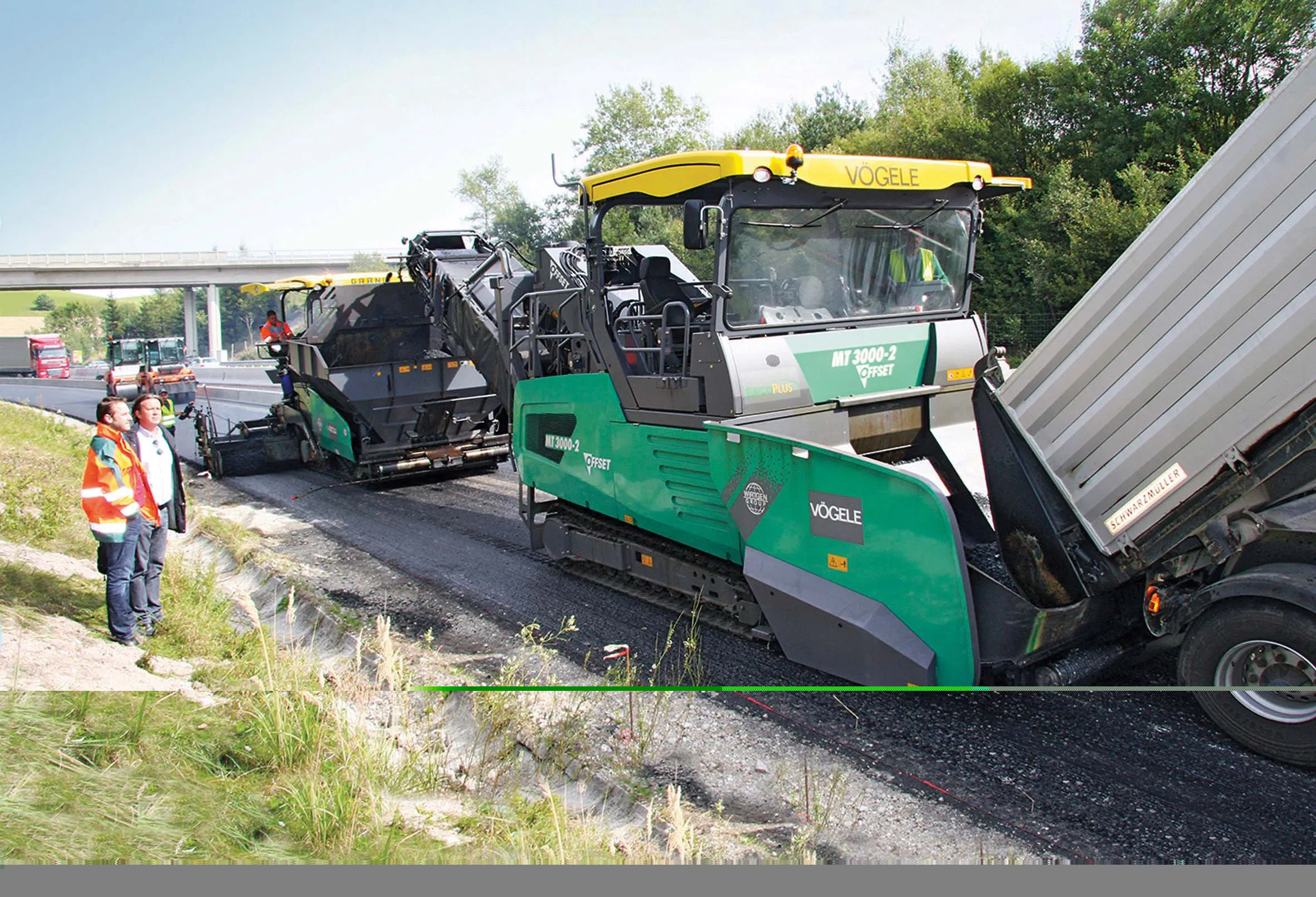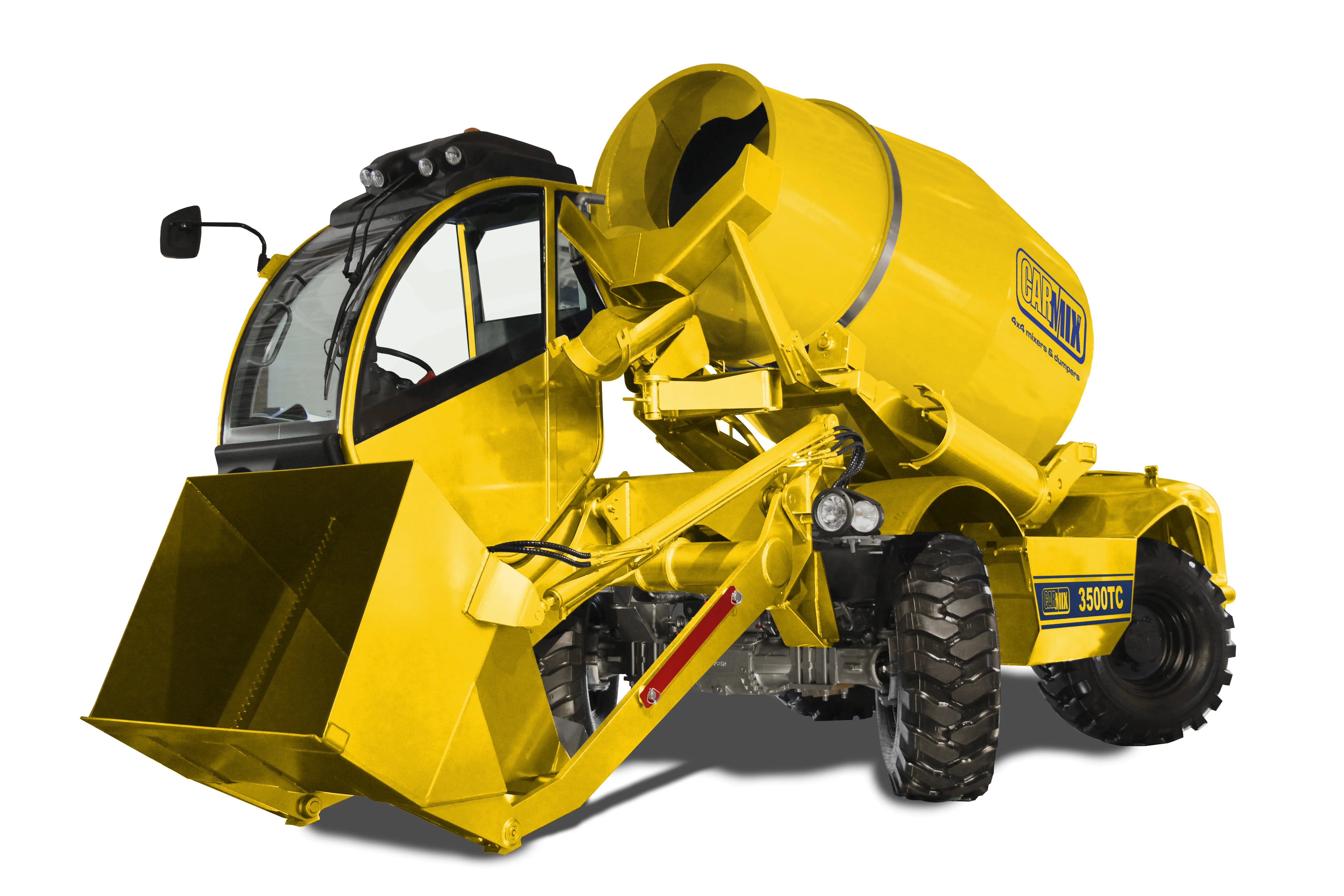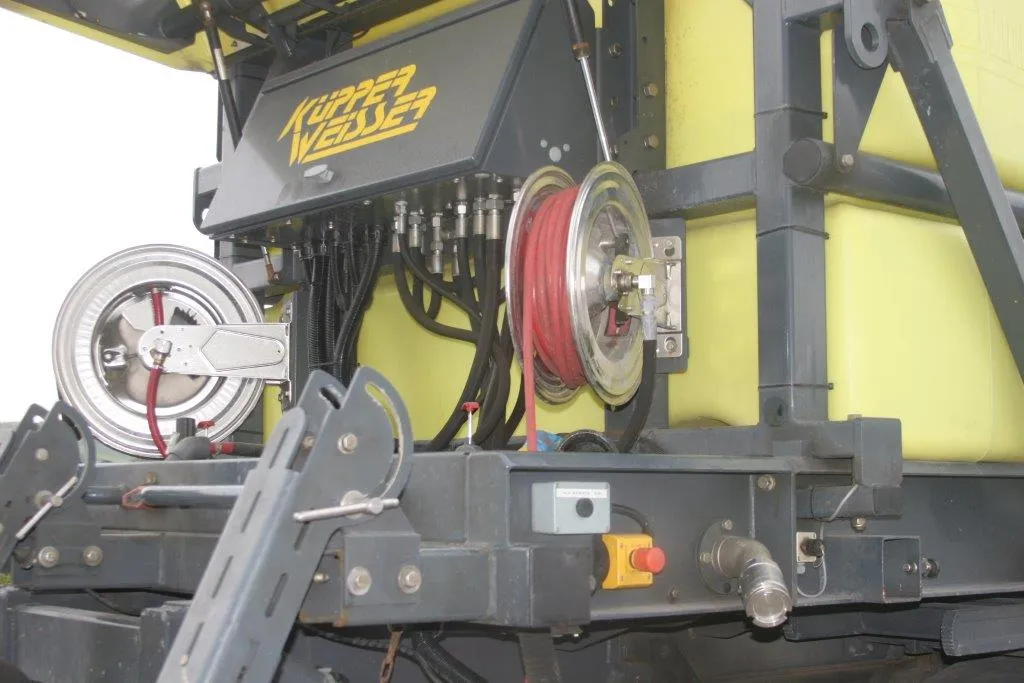Wopfinger Transportbeton’s investment in a new sand washing plant at their Eggendorf site in Lower Austria is said to have resulted in a 60% increase in gravel production - from 135tonnes/hour to 220 tonnes/hour. Before the new Evowash sand washing plant was installed, Wopfinger were working two shifts at Eggendorf to meet the capacity requirements of the ready mix concrete plant located at the sand and gravel pit. This has now been reduced to one shift as a result of both the quality and quantity of the wa
June 24, 2013
Read time: 2 mins
Before the new Evowash sand washing plant was installed, Wopfinger were working two shifts at Eggendorf to meet the capacity requirements of the ready mix concrete plant located at the sand and gravel pit. This has now been reduced to one shift as a result of both the quality and quantity of the washed gravel now being produced.
“Our previous sand production system was a real bottleneck for us,” explained Franz Denk, technical director at Wopfinger Transportbeton. “By addressing this issue we have introduced significant efficiencies into our production processes at Eggendorf.”
The new Evowash 101 sand washing plant produces 100tonnes/hour of washed 0-4mm sand, exclusively used in onsite concrete production. The Evowash receives material from the existing wet screening plant directly to the sump where it is then pumped to the integrated 62.5cm cyclone. The underflow from the hydrocyclone is discharged onto the Evowash dewatering screen and stockpiled, while the waste water containing the 0-63 micron fraction overflows the top of the hydrocyclone and is sent to settling ponds.
Wopfinger Transportbeton has manufactured concrete at Eggendorf since 1990. The plant was upgraded in 2011 to support the construction of the A2 Motorway for which Wopfinger supplied more than 25,000m³ of concrete. The Eggendorf production facility is located just off the A2 approximately 50kms south of Vienna. It is one of four Lower Austria-based gravel plants operated by Wopfinger Transportbeton. This project by Wopfinger Transportbeton is said to be indicative of a renewed focus from the construction materials industry on the identification of areas for investment that will create efficiencies and reduce costs within existing processes.









